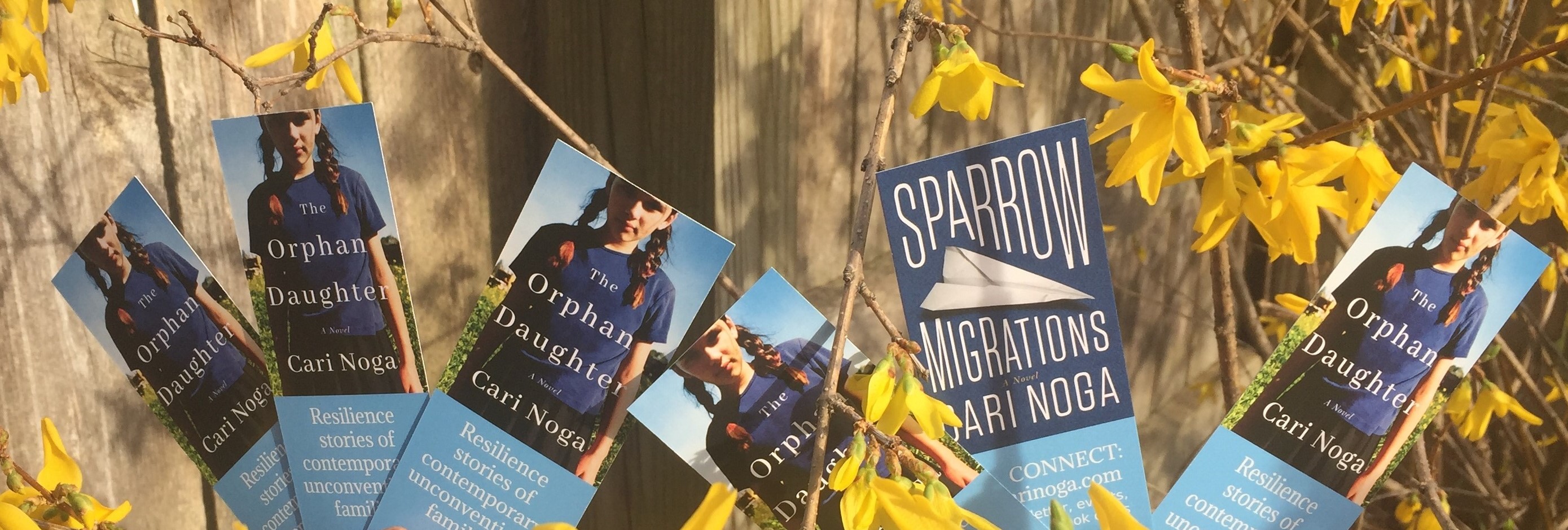
Author Newsletter Signup
News and reading recommendations 4-6 x/year. No spam, never, no way.
Book Clubs
Send me a pic of your gathering — or an invite! I Skype. Check out discussion questions for both The Orphan Daughter and Sparrow Migrations here, too.
Write a revew
What did you think about my novels? Let other readers know by submitting a review on Goodreads or Amazon.